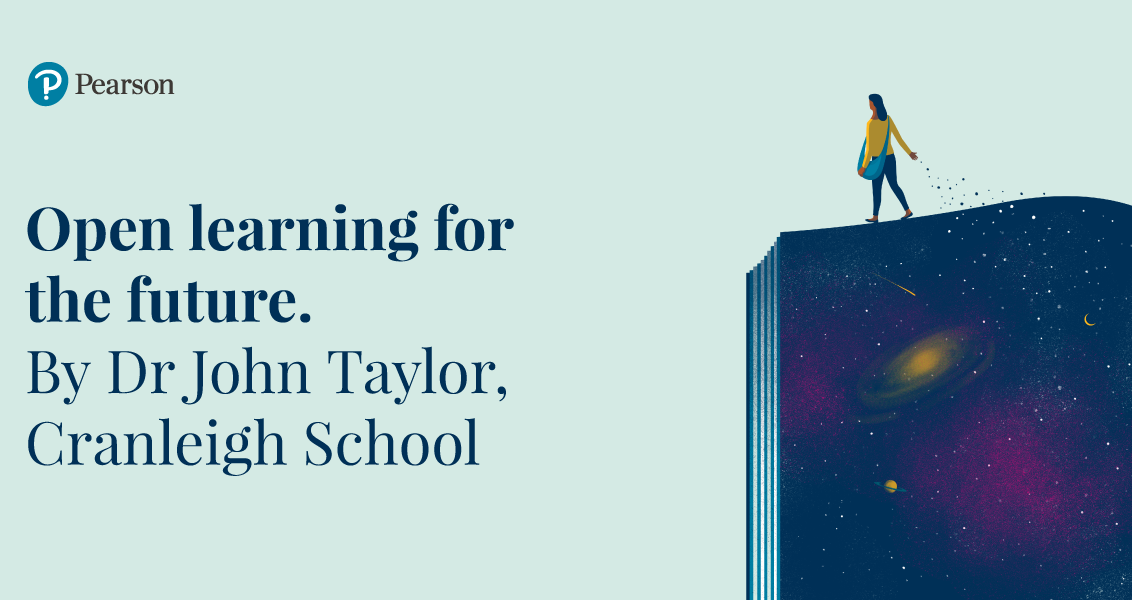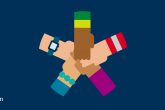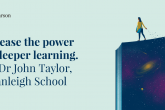
The lesson starts with a slide showing names of cities from around the world. ‘Which of these are capital cities?’ the teacher asks. Hands shoot up, answers are called out, and a list of capital cities emerges. Once the right answers have been found, the class moves on to a different task.
Rewind to the start of the lesson. The teacher walks in and asks the class: ‘Should countries have capital cities?’
The class goes quiet, then there is a buzz of conversation. A show of hands, some rapid-fire answers, and the teacher elicits a stream of ideas which she puts up on the whiteboard. At one point, a student asks the teacher what the right answer is but the teacher turns the question back, asking him what he thinks.
The difference between these classes is obvious. In the first class, the model of learning is a right-answer model. Learning means memorising the right answer (which usually means: the one that will get you marks in the test). In the second class, the focus is on inquiry, discussion, debate and the exploration of an open-ended question – a question to which there is no obvious right answer.
My own experience of trying both types of lesson has taught me that learning comes to life when we ask questions which open up space for argument, controversy, discussion and debate. Lessons centred on open questions are richer, more memorable, more challenging and often much more enjoyable – for teacher and students alike.
Here is how the American educationalist Alfie Kohn puts it:
“Every time we ask students “What was the name of the town in which the characters in this story lived?” we leave less time for questions like “Why do you think the characters never left home?” Every minute they’re forced to spend memorizing the definition of a word (“What does nationalism mean?”) is a minute not spent wrestling with ideas (“What would the world be like if there were no countries?”).
Kohn would argue – and I would agree – that education needs to take a turn towards openness.
One of the major challenges we face in shaping an education system that will equip our students for the world of the future is this: how can we change our practice so that there are more lessons where the focus is on exploring open questions and fewer lessons where the focus is on simply memorising the right answers?
This matters. The challenges of the complex world in which we all live and work are not going to be met by students whose schooling has simply helped them build up a good databank of facts. The challenges of climate change, income inequality, human rights, the emergence of AI, globalisation and the reshaping of public and personal life by social media will only be met if education faces up squarely to the fact that the most important questions of all are ones that can’t be given simple right answers.
Don’t get me wrong. I am not for one moment denying that there is place for learning ‘core knowledge’. But I am suggesting that we need to push the pendulum away from where it is at the moment, where so much of learning is dominated by a narrow conception of teaching as test preparation and where students are content with being told the ‘right answer’, and haven’t learned to ask why it is right, or what it means, or whether there could be other equally valid answers.
As the mention of testing reminds us, the right-answer model of learning goes hand-in-hand with a model of assessment in which written examinations form the gold standard. I am not suggesting we need to stop testing students. But it cannot be denied that we need an alternative to mark schemes and prescribed test questions if we want to take seriously the challenge of helping students develop into deeper thinkers, thinkers who have the confidence and ability to shape their own questions and form their own ideas.
There is a mode of assessment which provides the ideal context for cultivating deeper learning and facilitating the exploration of open questions: project work. In my next blog, I will explore how creating more space within the curriculum for project learning is vital.
We have to move education away from being simply a methodology for ensuring test success. We need to transform it into what it can be at its best: the process of equipping young people with the skills to confidently embrace the most important questions of all – the ones to which there is no simple right answer.

